
Dec 21, 2011 | News
 The ICJ is calling on the State of Argentina to take effective measures to protect the human rights of indigenous groups which have been adversely impacted by lithium exploration and exploitation.
The ICJ is calling on the State of Argentina to take effective measures to protect the human rights of indigenous groups which have been adversely impacted by lithium exploration and exploitation.
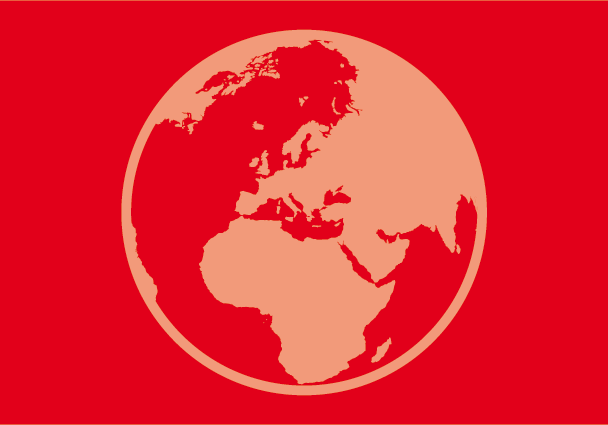
Dec 21, 2011 | News
The ICJ today deplored the passage of legislation by the US House of Representatives that would allow for the indefinite imprisonment of terrorism suspects, detained anywhere in the world, without charge or trial.
The ICJ considers the legislation to be incompatible with international law, including human rights principles, and calls on US President Barack Obama to veto it.
Obama veto bill-press release-2011 (full text in English, PDF)
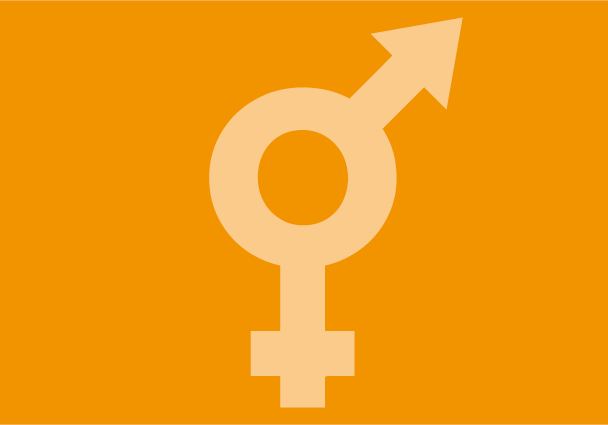
Dec 5, 2011 | News
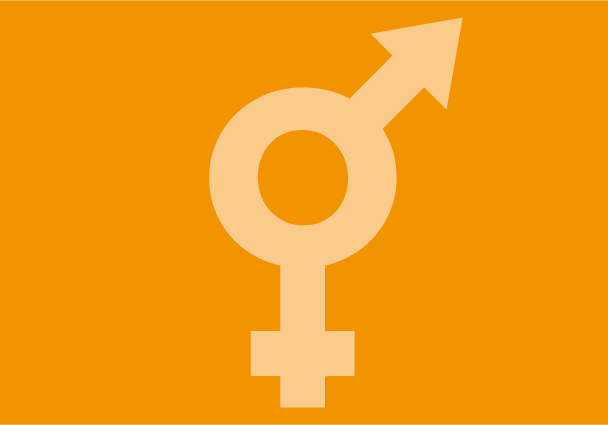 The ICJ Condemns Nigeria’s “Same-Sex Marriage” bill and urges house, president to reject it.
The ICJ Condemns Nigeria’s “Same-Sex Marriage” bill and urges house, president to reject it.
Nigeria-same-sex bill-press release-2011 (full text in English, PDF)
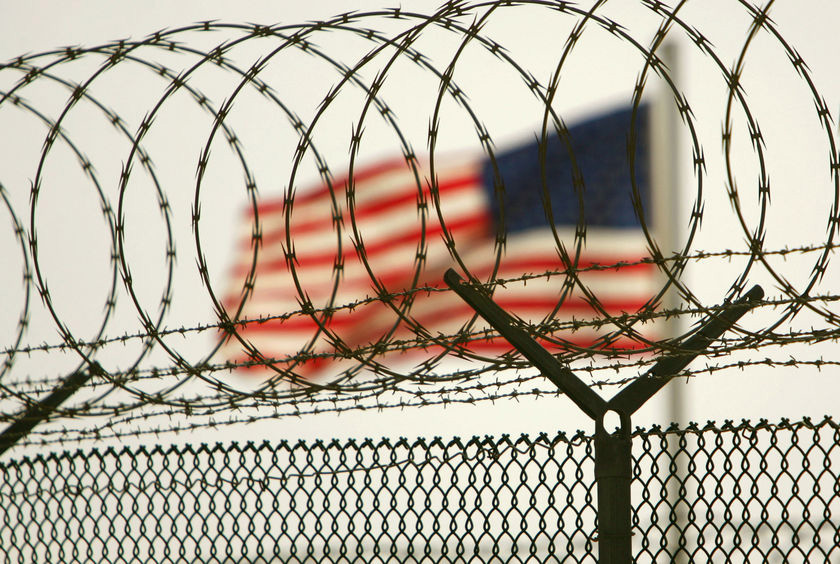
Nov 7, 2011 | E-bulletin on counter-terrorism & human rights, News
Read the 58th issue of ICJ’s monthly newsletter on proposed and actual changes in counter-terrorism laws, policies and practices and their impact on human rights at the national, regional and international levels.

Oct 25, 2011 | News
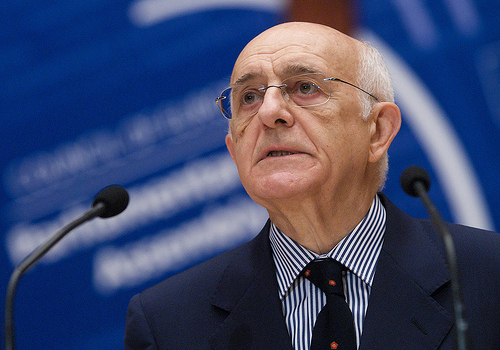 It was with great sadness that the ICJ learned today of the passing of Professor Antonio Cassese who died this weekend at the age of 74 following a long fight with illness.
It was with great sadness that the ICJ learned today of the passing of Professor Antonio Cassese who died this weekend at the age of 74 following a long fight with illness.
Professor Cassese was an Honorary Member of the ICJ having previously served as an ICJ Commissioner between 1995 and 2005. He was a distinguished figure in international justice, serving in a number of significant legal roles, and held the position of Professor of International Law at the University of Florence from 1975 until 2008.
Our thoughts and condolences are with his family.

Oct 17, 2011 | Advocacy, Analysis briefs, News
The Maastricht Centre for Human Rights and the ICJ are pleased to announce the adoption of the Maastricht Principles on Extraterritorial Obligations of States in the area of Economic, Social and Cultural Rights.
These international legal principles clarify the human rights obligations of States beyond their own borders.
principles obligations adopted-press release-2011 (full text in English, PDF)
Maastricht principles-analysis brief-2011 (full text in English, PDF)

 The ICJ is calling on the State of Argentina to take effective measures to protect the human rights of indigenous groups which have been adversely impacted by lithium exploration and exploitation.
The ICJ is calling on the State of Argentina to take effective measures to protect the human rights of indigenous groups which have been adversely impacted by lithium exploration and exploitation.










